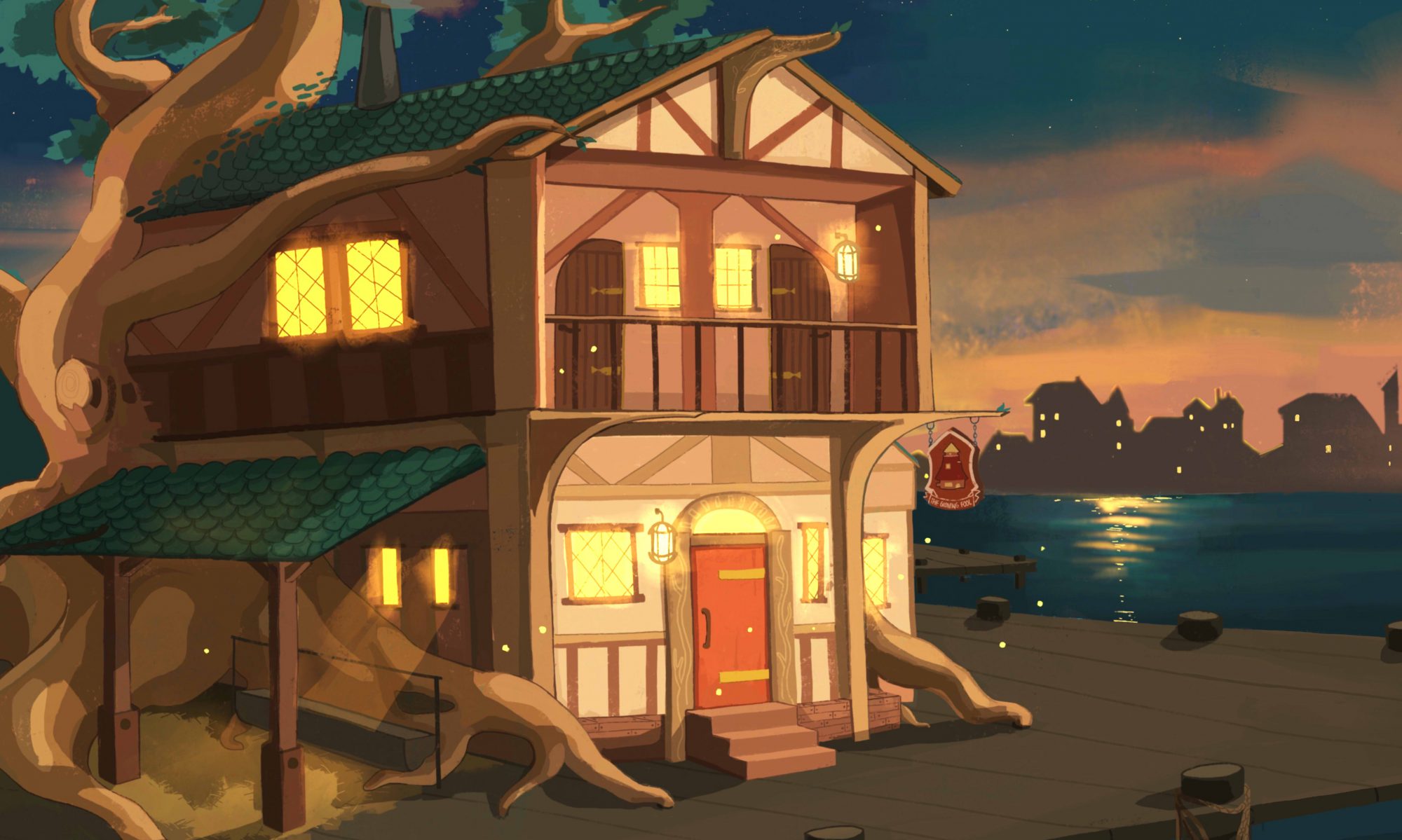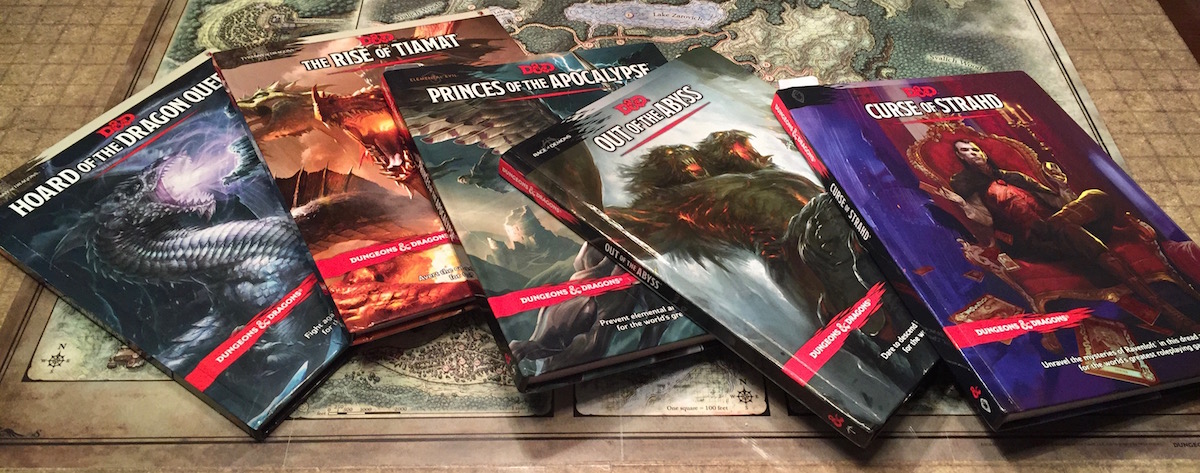“I have no interest in running a module. I prefer a homebrew campaign where I have full control.” When I first started playing Dungeons & Dragons, I always thought that I would be dedicated to creating an original campaign, I would be worldbuilding, creating my own pantheon, cities, and original storylines for my players to explore. I rationalized that for their PCs, my players deserved the expansive opportunities and infinite possibilities that only a homebrew campaign would allow. Why would anyone want to be constricted in running a pre-written adventure anyway?
This all changed when I started co-DMing a Curse of Strahd campaign for a group of friends. My co-DM and I both intended to take turns running sessions, so we decided that running a module would suite our needs since we could both reference the book (and shared notes) so that two different people could run the game and still be on the same page. When the idea was first proposed to me, I didn’t think of it as the most ideal scenario (“homebrew for life!”), but I wanted to roll dice with my friends, so I went along with it. A few sessions into running Strahd, and it finally clicked why modules are so popular. They are convenient, wonderfully written, and despite my initial impressions give the DM sufficient ammunition to fully engage players and their characters. And most importantly, they worked for me.
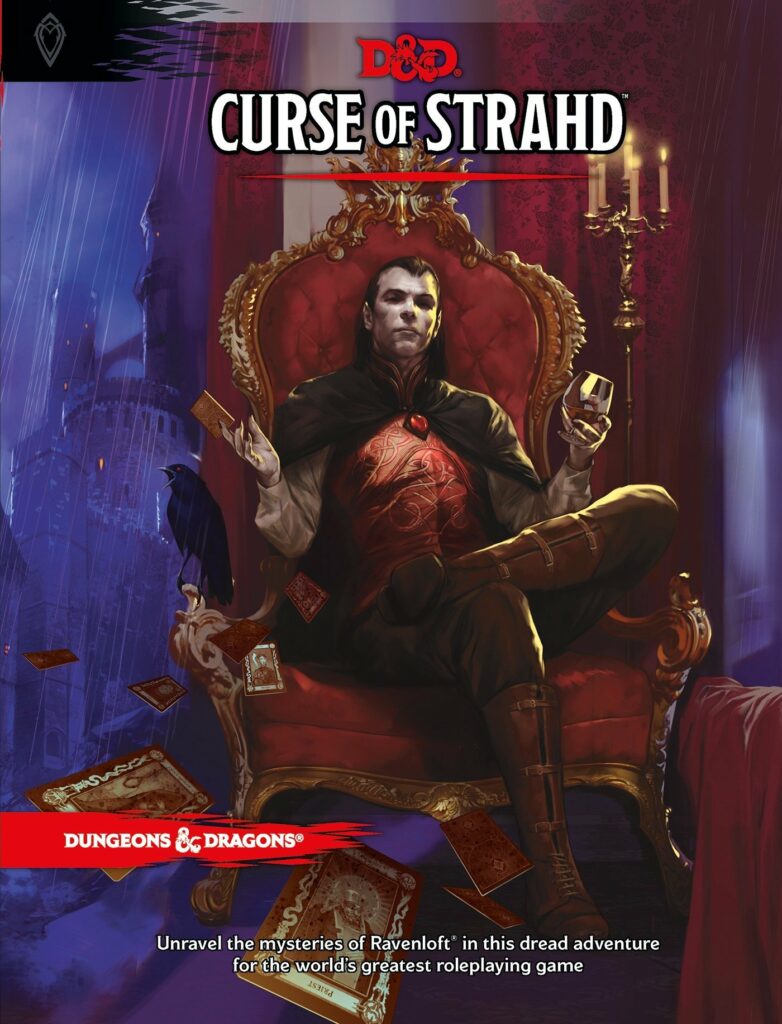
Credit: Wizards of the Coast
Convenient
Pre-written modules are promoted as having everything you need to run a great adventure without the fuss and effort of having to write one. And they are exactly that. While I always liked the idea of writing my own homebrew campaign (complete with a homebrew world), doing so takes a lot of work and effort, and unfortunately, I just don’t have the the mental bandwidth to be able to write, and write, and write, to create an expansive setting that my players can enjoy.
This is not to say that running modules is easy. But that it simply, shifts the nature of the work that has to be done from pure creation to understanding what has already been created. Instead of having to create a new town from scratch, I am able to read through the book and learn about the village of Vallaki, what problems ail it, and what each of its denizens are doing.
This works for me. Because after running a homebrew campaign, several oneshots, and now this module, I have learned where my strengths are as a DM (and as a person). My strengths aren’t necessarily in creating original concepts, ideas, places, and people. My strengths are in absorbing and retaining concepts, ideas, places, and people. And the module allows me to play to those strengths.
Well Written
While I like to think of myself as a half-decent writer, on my best day I don’t think I would ever be able to come up with a villain as interesting, layered, and tormented as Strahd von Zarovich. After having read the Curse of Strahd book from cover to cover, taking in every minute detail of Strahd’s tragic past, and how that has formed him as a character, I can see why he is considered one of D&D’s most iconic villains, and how his story is considered a classic in the D&D.
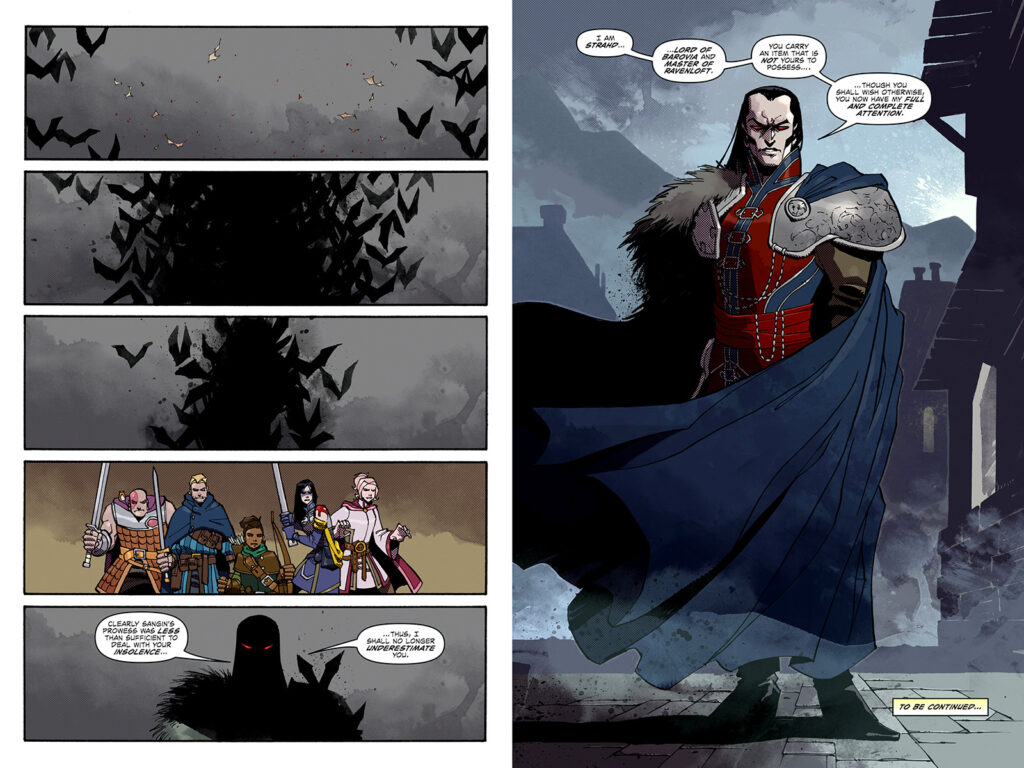
And this doesn’t even just stop at the villain’s description. Good writing is so important towards setting the tone of your game. Case in point, while running Strahd, after reading some box text about a location the party was at, some of my players commented how the location’s description gave them goose bumps.
Fully Engaged Players
I first heavily got into D&D by watching Critical Role. And after seeing how Matt Mercer created this amazing and expansive world for his players where they could explore their backstories made me want to be able to do the same for my players. However, I am no Matt Mercer (which is not necessarily a bad thing), I don’t have his passion for narrative, nor do I have his creative energy. I have other strengths, but original creative writing may not necessarily be one of them. And then, I came across this treasure of a meme featuring Chris Perkins:
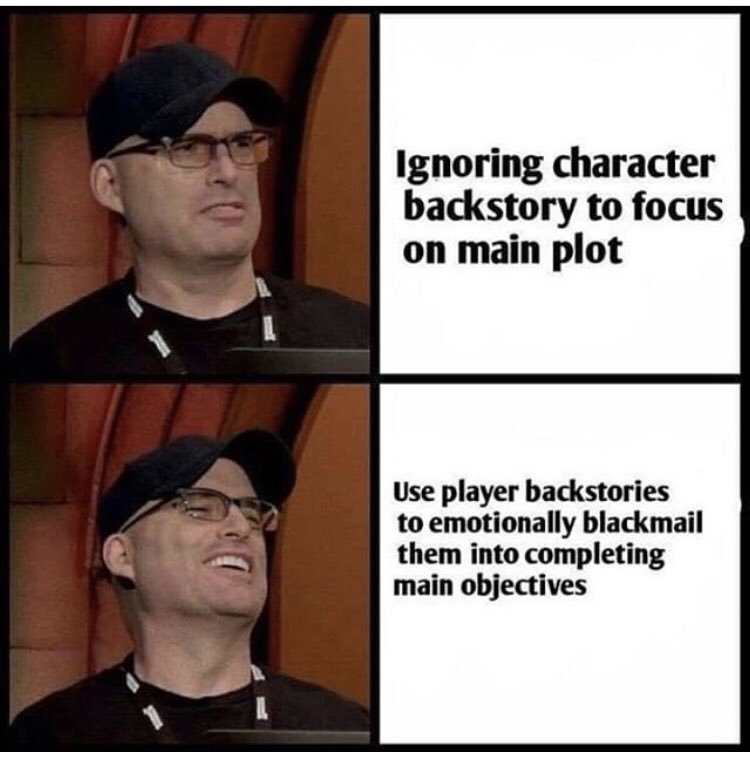
Source: @Robot_Shark on Twitter
Perkins (on top of being the DM for Acquisitions Inc.) also runs another D&D show called Dice, Camera, Action! where he runs modules for the Waffle Crew. And after watching a few episodes (in their season 1, he ran Curse of Strahd), I saw how he took elements of his players’ characters’ backstories, and wove them into the main plot to create engagement among his players. It was through that that I realized I could do the same as well. I could study through the story of Strahd, take the backstories that my players gave to me, and weave them together into a narrative that was all my own.
I am my own DM, and I’ve found what has worked for me. And if what works for me (and my players) is running modules, then by Gygax’s beard, I will run modules, and I’m damn proud of it.
Earl is what you would call a Dungeons & Dragons addict. He watches D&D shows, prowls the D&D forums, and basically lives, breathes, and eats D&D (It’s no joke, he literally listens to the D&D Podcast while eating). He likes to be thought of as the “lead fool” as he guides us all through the silliness of D&D.
For his day-job. Earl is an ERP Consultant with the Nomura Research Institute (NRI). He is also a Shaper with the Global Shapers: Hong Kong Hub.
